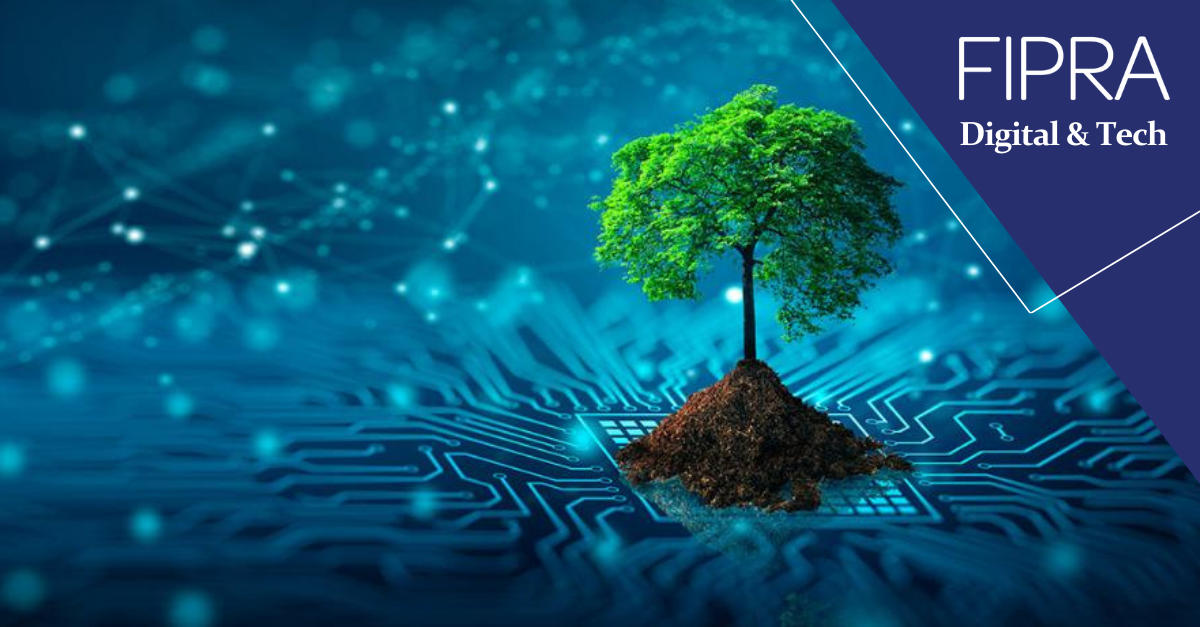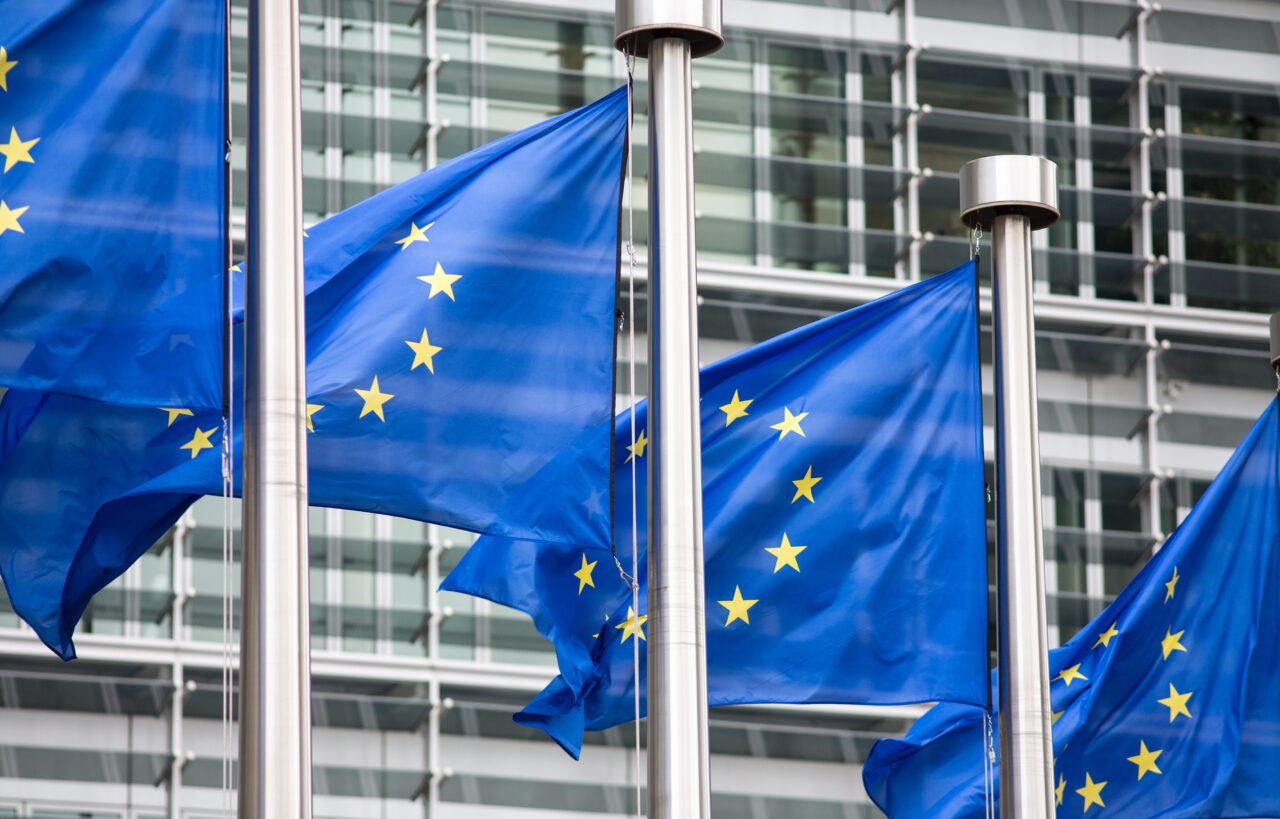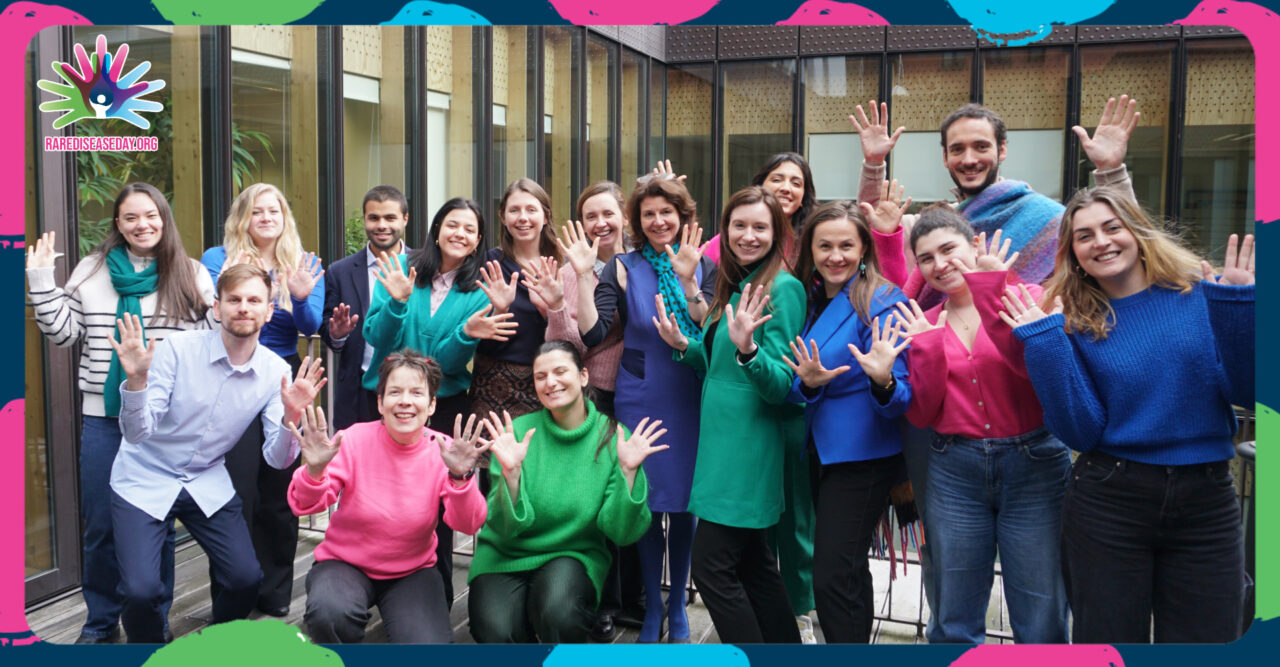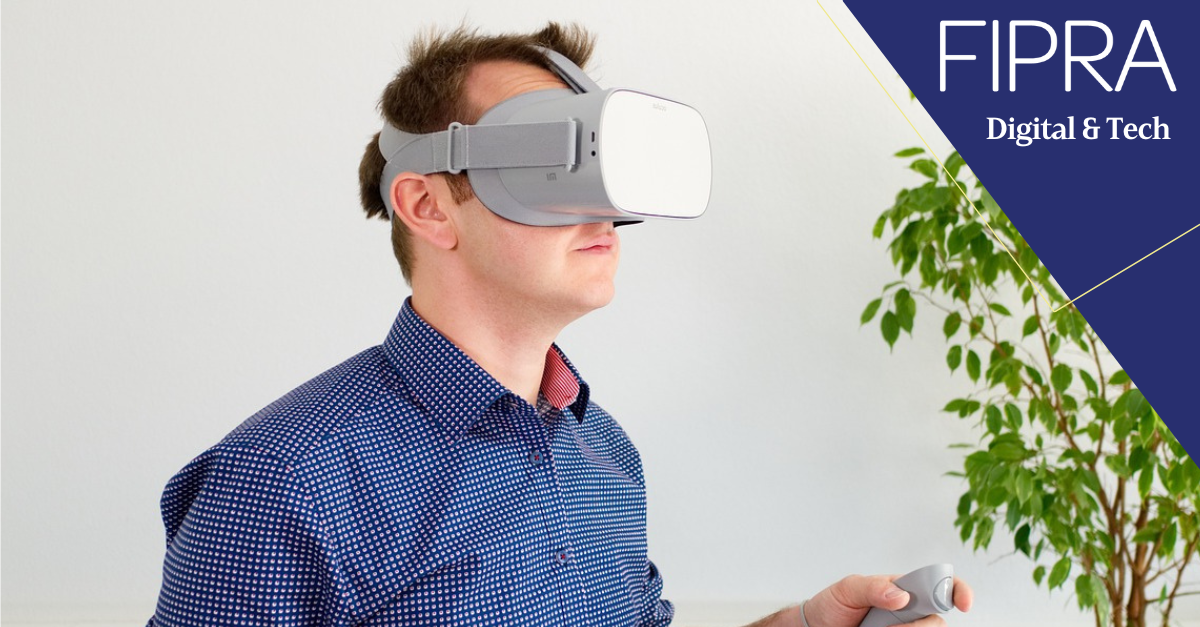policy impact with FIPRA
From Code to Conservation: Promoting Sustainable Software for a Greener Digital Future

In today’s rapidly advancing digital world, software has become an essential part of our lives, driving efficiency, connectivity, and innovation. As we become ever more dependent on Information and communication technology (ICT) and as the EU seeks to achieve its net-zero ambitions, the increasing energy consumption associated with our use of digital technologies and their software has become a policy concern.
With the widespread adoption of cloud computing, data centres, and internet-connected devices, the energy consumption of software has surged. Recent studies indicate that ICT currently contribute to approximately 4% of global greenhouse gas emissions1, a figure projected to rise to 14% by 20402.
While hardware energy efficiency has seen improvements over the years, the energy consumption of software, despite being essential for a sustainable digital future, has received less attention. Indeed, although it is the hardware that consumes energy, it is the software that triggers the consumption of this energy.
Greening software starts with using renewable sources of energy for their operation, but measures can also be taken to ensure minimum energy consumption:
- Ensuring software is designed to consume as little as possible and
- Ensuring end-users use software in ways that consume less energy.
This requires a multifaceted approach, involving raising awareness, promoting industry best practices, and establishing enforceable efficiency by design standards.
In 2019, researchers at the Environmental Campus Birkenfeld in Germany proposed a set of criteria for a certification programme aimed at recognising sustainable software. France introduced a law in 2021 with a recommendation to inform consumers about the footprint of online video and a commitment to set up general eco-design criteria for digital services, including websites, by 2024.
At the EU level, the Commission has introduced requirements for all physical products, including hardware products, through its updated legislative framework on eco-design. Although software is present in most of the products in scope, the framework currently lacks obligations for the eco-design of software products.
An EU policy framework targeting the energy consumption of software could play an important role in setting clear guidelines and rules that drive the development of energy-efficient software. Such a framework would ensure that software developers and vendors prioritise energy efficiency throughout the design, development, and deployment stages, encouraging sustainable practices across the industry.
Only through collective action can we ensure that software evolves in a manner that minimises its environmental impact while maximising its potential to drive positive change.
SOPHIE MARANDON – SENIOR ACCOUNT EXECUTIVE
No concrete actions have yet been taken at EU level, but the EU Commission has clearly demonstrated its intention to promote the sustainability of the EU’s digital future in its EU Declaration for Digital Rights and Principles adopted in December 2022. This includes the promotion of sustainability standards and labels for digital products and services.
MEPs have raised concerns about the multitude of contradictory studies on the matter and have called for industry experts, academics and EU representatives to work together to bridge the data gap. Specific policy initiatives on software will indeed require clear research and data on the actual environmental impact of software – which is currently lacking.
This represents an opportunity for experts to engage with EU policymakers to provide evidence and input on how to design such a framework. Only through collective action can we ensure that software evolves in a manner that minimises its environmental impact while maximising its potential to drive positive change.
If you are interested in knowing more about engaging with EU policymakers on software eco-design, get in touch with Sophie Marandon at FIPRA’s digital practice: [email protected].


